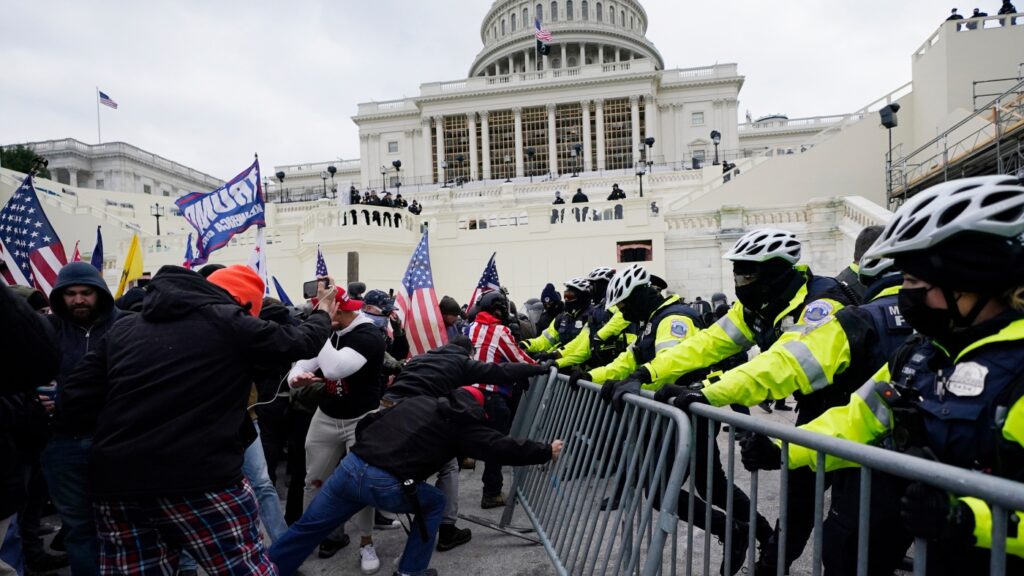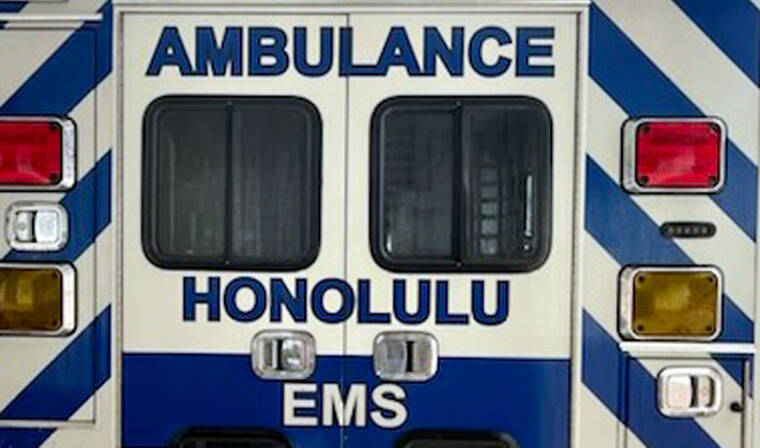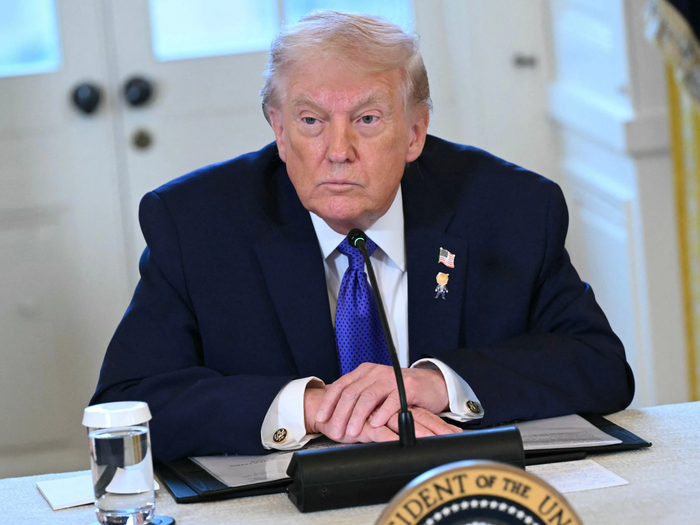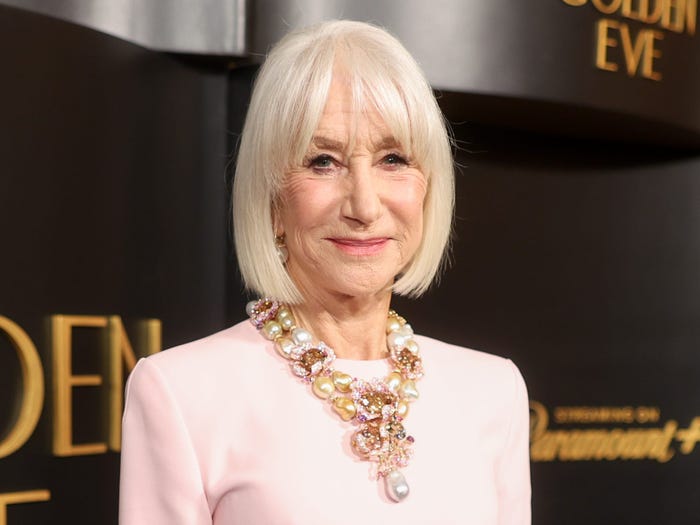
FILE - Violent insurrections loyal to President Donald Trump break through a police barrier at the Capitol in Washington on Jan. 6, 2021. (AP Photo/Julio Cortez, File)
UPDATE: President Donald Trump has issued two pardons related to the investigation into the January 6, 2021, Capitol riot, confirming his ongoing support for individuals linked to the events of that day. This urgent announcement comes just as the Biden administration continues its extensive investigation into the riot, which has resulted in charges against more than 1,500 defendants.
The first pardon was granted to Suzanne Ellen Kaye, who faced legal repercussions for threatening FBI agents investigating her potential presence at the Capitol. Kaye was convicted after posting a video on social media where she cited her Second Amendment rights and made threats against agents. Despite serving an 18-month sentence, she claimed she never intended to harm anyone and was not charged with any crimes directly related to the riot.
In a separate case, Trump pardoned Daniel Edwin Wilson from Louisville, Kentucky, who had been imprisoned due to a firearm possession charge discovered during the investigation into the riot. Wilson was found with six guns and approximately 4,800 rounds of ammunition at his home, leading to a five-year sentence after he pleaded guilty to conspiring to impede police officers. His release on Friday evening was facilitated by Trump’s intervention, allowing him to reunite with his family and rebuild his life.
Officials noted that Wilson’s legal troubles were a direct result of the January 6 events, reinforcing Trump’s argument that his pardons should extend to associated offenses. Attorney George Pallas, representing Wilson, expressed gratitude for Trump’s recognition of what he termed an injustice, stating, “We are grateful that President Trump has recognized the injustice in my client’s case.”
The White House defended these pardons, with an official highlighting that Kaye suffers from “stress-induced seizures,” emphasizing her case as a matter of First Amendment rights being prosecuted excessively.
Both pardons underscore Trump’s willingness to leverage his presidential authority for supporters involved in the controversial January 6 investigations. This decision has sparked considerable debate regarding the implications of pardoning individuals connected to crimes related to the riot, particularly in light of ongoing legal and political ramifications.
As the investigations continue to unfold, observers are keen to see how these pardons will influence public perception and future legal proceedings. The Biden administration’s response to these developments remains to be seen, as the nation watches closely for upcoming announcements and reactions from both sides of the political spectrum.
This situation is developing rapidly, and further updates are expected as both the legal landscape and public discourse evolve.






